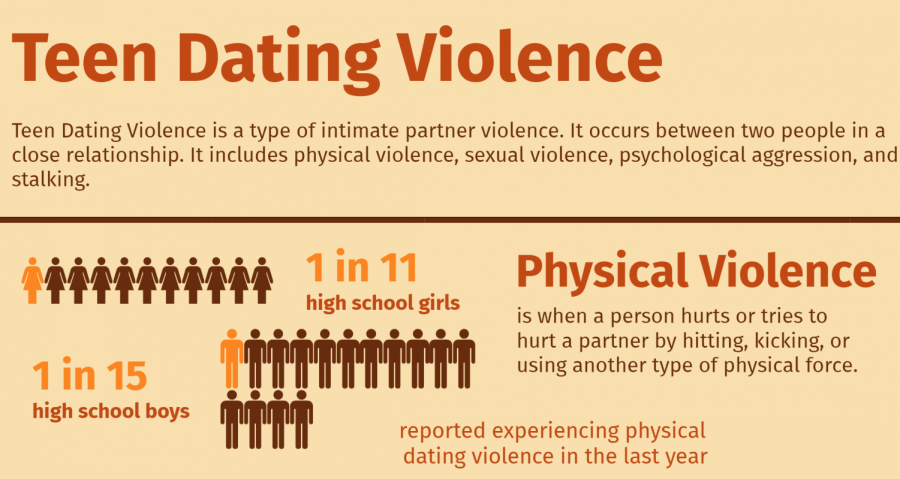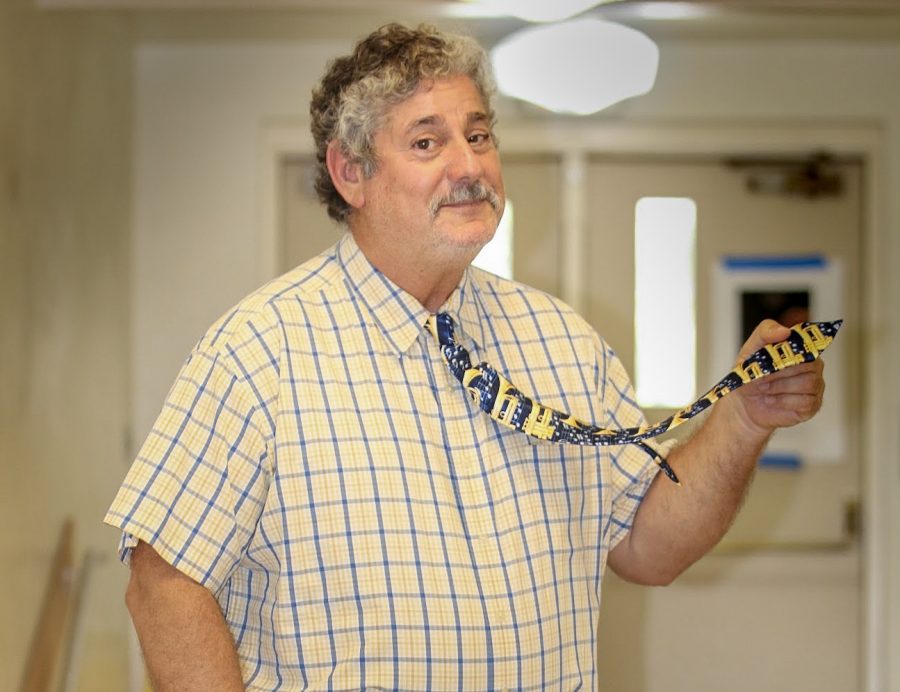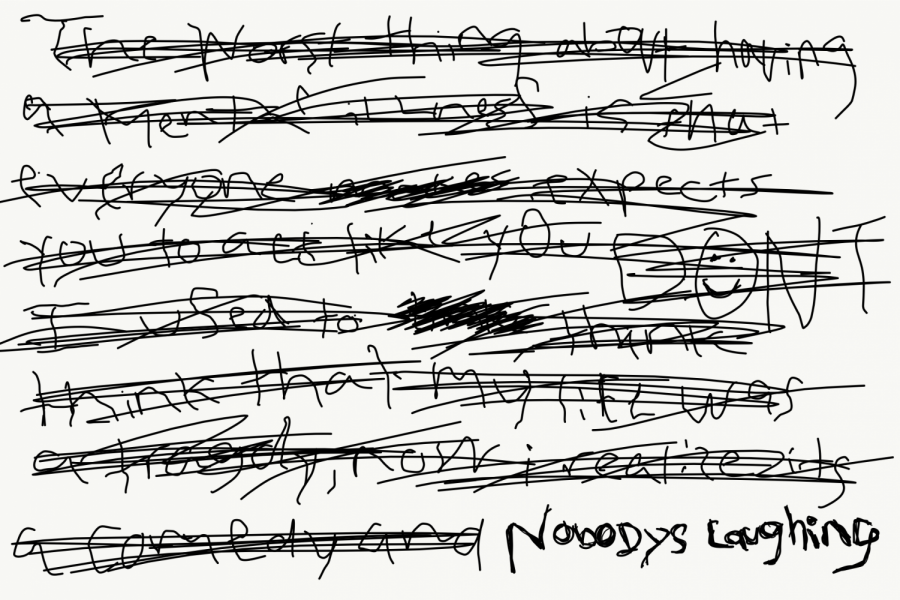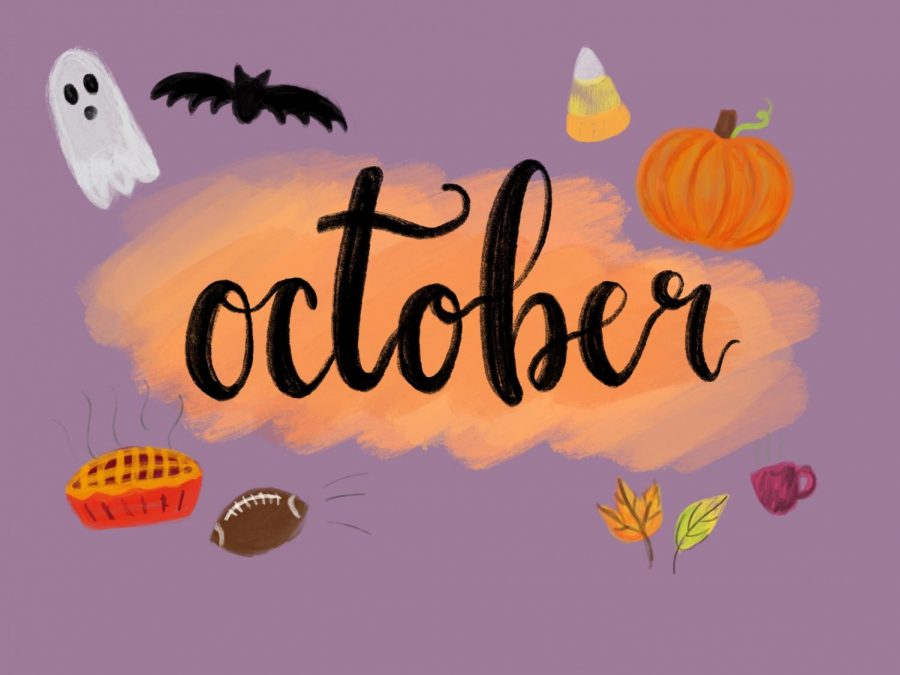If you’ve ever taken a Spanish class, more often than not the Spanish you’ve learned is all generic. Like every language in the world, Spanish has its own unique vocabulary and slang from region to region. There can be many ways of saying the same thing depending on the country.
In order to help you sound a bit more authentic, here are some words to throw in the next time you’re flaunting your Spanish.
COLOMBIA:
Quiubo-
Quiubo is a contraction of the word “que hubo,” which means what’s up? You can walk up to anyone and say “quiubo” and it’ll be like saying “‘sup?”
Example: Quiubo niña, ¿como le va?
Translation: ‘Sup girl, how you doing?
Pronunciation: Kyu-bo
Parcero/Parcera-
This is a typical way to refer to your friends. Or acquaintances. Colombians are not picky! You can even shorten it to “parse” if you really want.
Example: Estaba en el restaurante con mis parceros.
Translation: I was in the restaurant with my friends.
Pronunciation: Par-seh-ro
A la Orden-
Literally, it means “at the order” but it is meant to mean something similar to “at your service.” Colombians take customer service very seriously, so if you are ever in Colombia you should expect to hear this everywhere you go. It can be used as a starter or as a way to end your sentence.
Example:
– Buenas tardes, a la orden.
OR
– ¡Gracias por ayudarme!
– ¡A la orden!
Translation:
– Good afternoon, I am at your service.
OR
– Thank you for helping me!
– At your service!
VENEZUELA:
Chamo/a
Chamo is like saying “bro” or “dude.” But, you can use it to refer to girls too by replacing the ‘o’ with ‘a’ at the end.
Example: Oye chamo, vas a venir a la fiesta hoy ¿o que?
Translation: Yo dude, you coming to the party tonight or what?
Chevere
This is a really fun way to describe something that’s cool, nice, or great. It doesn’t matter what you’re talking about, you can ALWAYS say ‘chevere.’
Example: ¿Este es tu carro? ¡Que chevere!
Translation: This is your car? It’s awesome!
Pronunciation: Che-veh-reh
Vaina
The most versatile word in Venezuelan slang is “vaina.” It basically means “thing.”
Example: ¿Como se llama esa vaina que siempre ves?
Translation: What’s that thing you always watch called?
Pronunciation: Va-iy-na
MEXICO:
Güey
This is one ALL Mexicans know. It most closely translates to “mate.”
Example: ¿Que onda, güey?
Translation: What’s up, mate?
Pronunciation: Wey
Padre
Typically, “padre” is another way of saying “dad,” but you can also use it to describe something that is cool.
Example: ¡Tus zapatos estan muy padre!
Translation: Your shoes are really cool!
¡Órale!
This word doesn’t have a fixed translation because of its many uses. You can say it as an interjection, as a sound of amazement, lament, etc.
Example: ¡Órale güey, que padre que te salio ese trabajo!
Translation: Wow mate, it’s so cool that you got that job!
Pronunciation: Oh-rah-ley
PUERTO RICO
¡Mano!
While “mano” means “hand,” it is actually the shortened word for “hermano,” which means “brother,” and it is used similarly to “bro.”
Example: ¡Mano!
Translation: Hey bro!
Gufear
This means to “joke around.” It sounds like the English word “goofy.”
Example: Gufeate esto.
Translation: [Amuse yourself] with this.
Pronunciation: Goo-fi-ar
Chavos
While “chavo” means a boy in Mexico, in Puerto Rico, it means money.
Example: Necesito chavos para comprar el periódico.
Translation: I need money to buy the newspaper.
Pronunciation: Cha-vos
Now, no matter what country you travel to, use this vocabulary and you’ll blend in like one of the locals!
































































